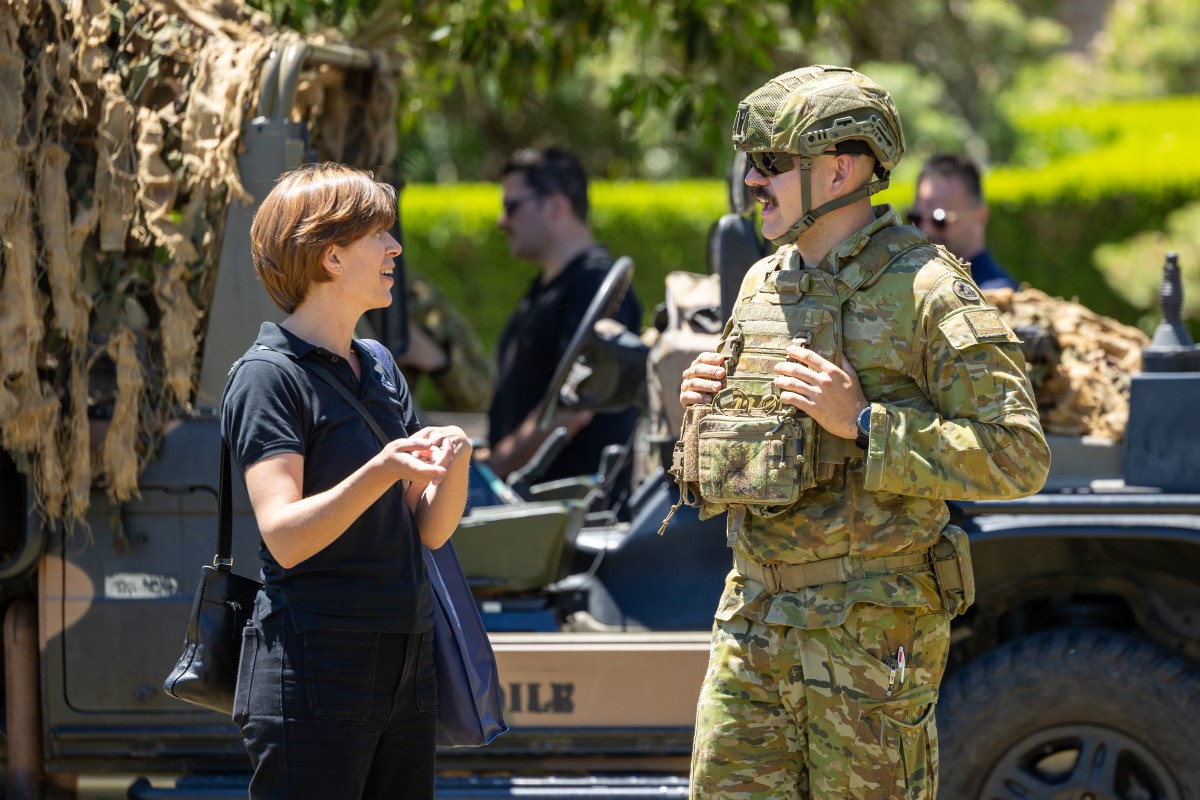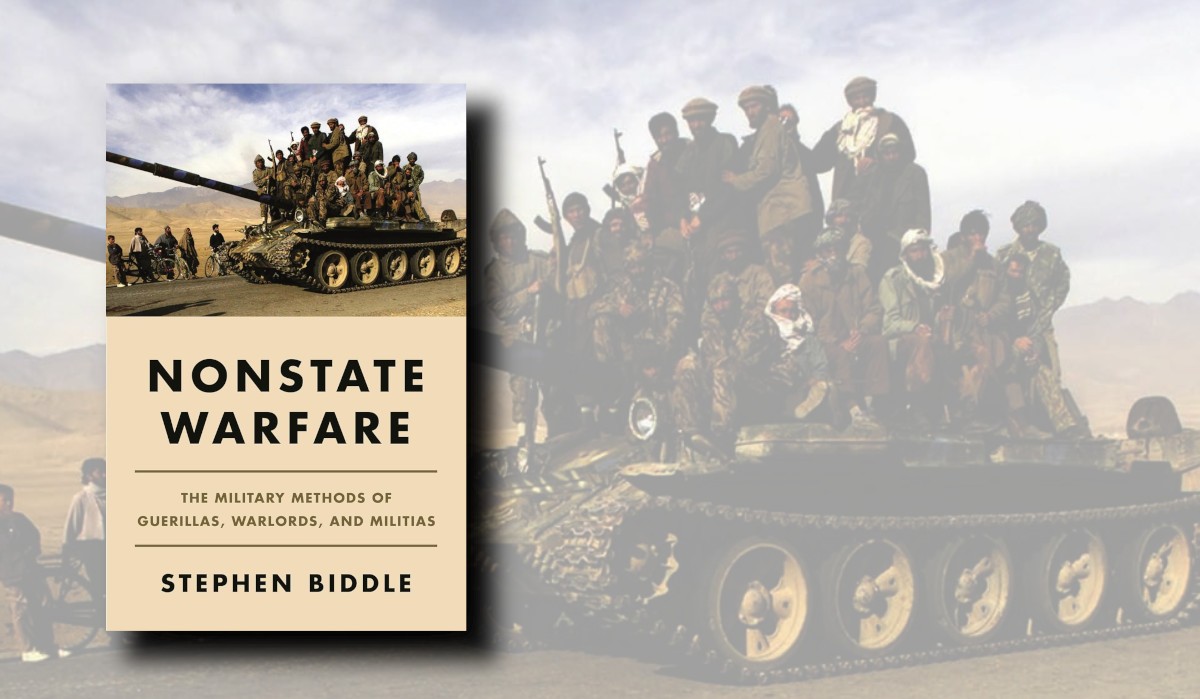Emerging Threats and Opportunities (ETOs) is a regular blog series on the Land Power Forum that collects together blogs, podcasts and articles of interest with the goal of creating discussion on the topic of land power.
Lessons
From the ICRC, an article examining the impact of explosive weapons in an urban environment, in terms of second-order effects against infrastructure, health and the overall impact to the civilian population. This paper complements a shorter piece published on the Land Power Forum exploring a similar topic. The ‘downstream’ effects of infrastructure disruption is argued as a moral consideration, beyond just compliance with direct international humanitarian law (IHL) and targeting considerations.
In 2019, I delivered a Masters-level course on Irregular Warfare with the University of New South Wales, Canberra (the summary of which will soon be posted via a presentation I gave at Russell Offices on 5 March). The core of this course was the recognition that rebellion has, at its root, a sense of relative deprivation—an idea advanced by Ted Gurr in 1970. The relevance of this background is that explosive weapon effects that cause undue hardship for the local population may very well elicit a greater resistance outcome; perhaps a lesson that should have been learned from the German bombing of Coventry and Malta in World War II.
The Information/Cyber Domain
From the Atlantic Council, an article examining how ‘artificial intelligence will enhance computational propaganda, reprogram human culture and threaten democracy.’ The article can be understood from a simple speed-read of the major points in call-out boxes for those short on time, or digested in detail for those interested by the threat of what are termed MADCOMS—machine-driven communication tools.
This article complements the trend of discussion in this forum about influence activities and how they manifest in the contemporary information environment. It does present a somewhat dystopian view that is a cautionary tale as to what the future may hold without greater regulation in the online environment. Conversely, the competition for attention in the online domain may result in changes in behaviour as to where people turn for trusted information. Indeed, there are indications that this latter shift is already occurring with a growing market for analytic news.
Irregular Warfare and Terrorism
From the Modern War Institute, an article examining lessons from the support provided to fight the Colombian insurgency, in the context of informing the negotiations for peace with the Taliban in Afghanistan. This piece complements an earlier article exploring a similar topic—lessons from the Colombian insurgency to inform today’s conflict in Afghanistan—from the first edition of ETOs.
Major Power Competition and A Regional Worldview
Also from the Modern War Institute, a podcast interview with LTGEN Wesley, DCG U.S. Army Futures Command and Director US Futures and Concepts Centre. Multi-Domain Operations (MDO) or Multi-Domain Battle (MDB), as a concept, builds upon the narrative of joint effects as the normal way of doing business, to take into consideration informational and cyber effects, along with synergistic behaviour between these different domains.
From the Wavell Room, however, comes a critique of MDO. Such a critique is not a unique perspective—the AARC’s Al Palazzo spoke to the conceptual gaps within MDO as part of the AARC seminar series here.
Defence innovation and a Longer Read
From RAND, a report examining the question of Deterrence in the Age of Thinking Machines. The website lists key points from the paper for those short of time. Facets of deterrence are also accelerating as Accelerated Warfare argues. It is worthwhile to consider the context of the Cuban Missile Crisis and the way in which information was promulgated that influenced the decisions made by respective leaders. For those interested, I recommend Essence of Decision for a clinical examination of how decisions of deterrence were made and how close the world came to the brink.
The question of how AI accelerates decision-making should provide pause in the context of historical mistakes, illuminated by Essence of Decision and other publications. Indeed, the 1988 case of the USS Vincennes engagement of an Iranian airliner in the context of broader US-Iranian posturing and deterrent signalling portends the risk of increased speed of decision-making, enabled by AI algorithms, as a potentially de-stabilising influence. This report contributes to setting the context for a discussion that will be pursued by this forum, exploring ways in which ‘classic’ Deterrence Theory informs the way in which new technologies will be employed in the future.
Longer reads
From The Washington Quarterly, an excellent article by Hal Brands examining the broad mindset adjustments needed for a period of major power competition. Hal reminds us of the need to invest in strategic thinking that can generate a coherent theory of victory emphasising our asymmetries over others. ‘The day-to-day work of long-term competition entails building and exploiting strategic advantages, yet a coherent theory of victory provides the intellectual guardrails within which those efforts occur.’



